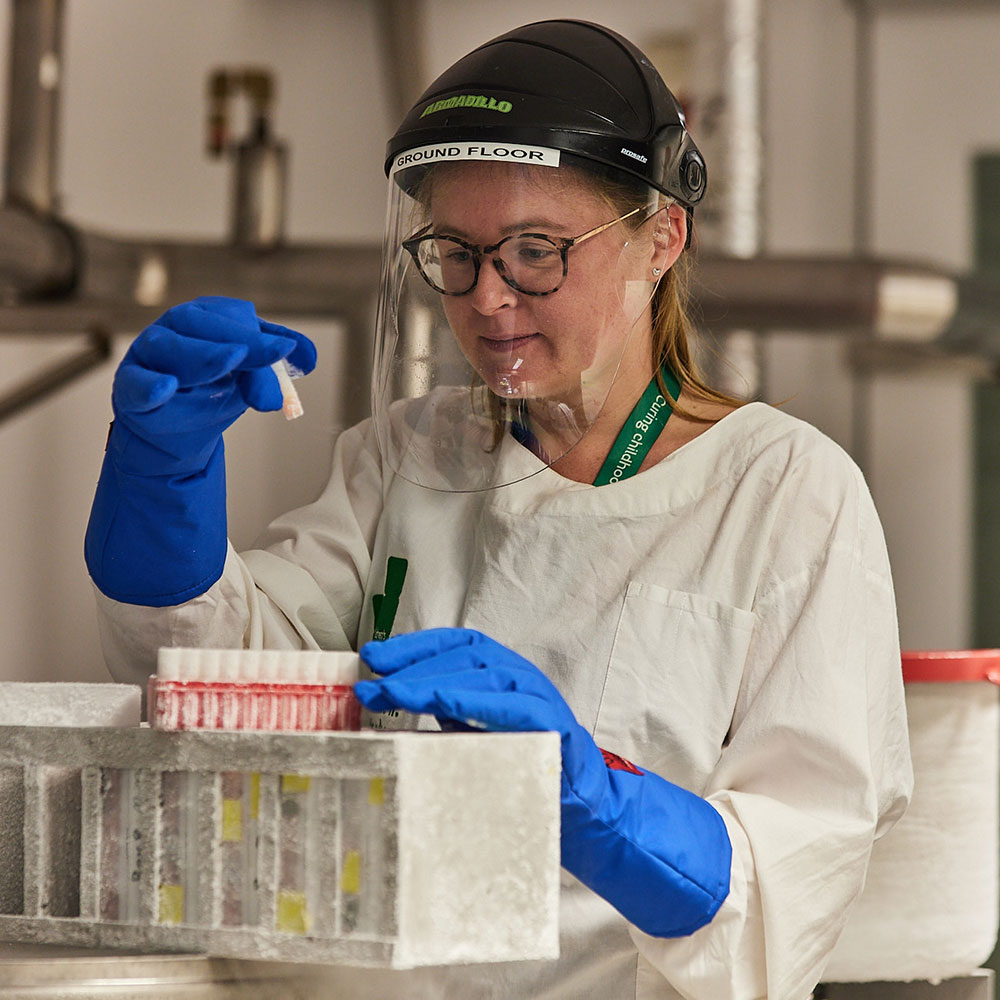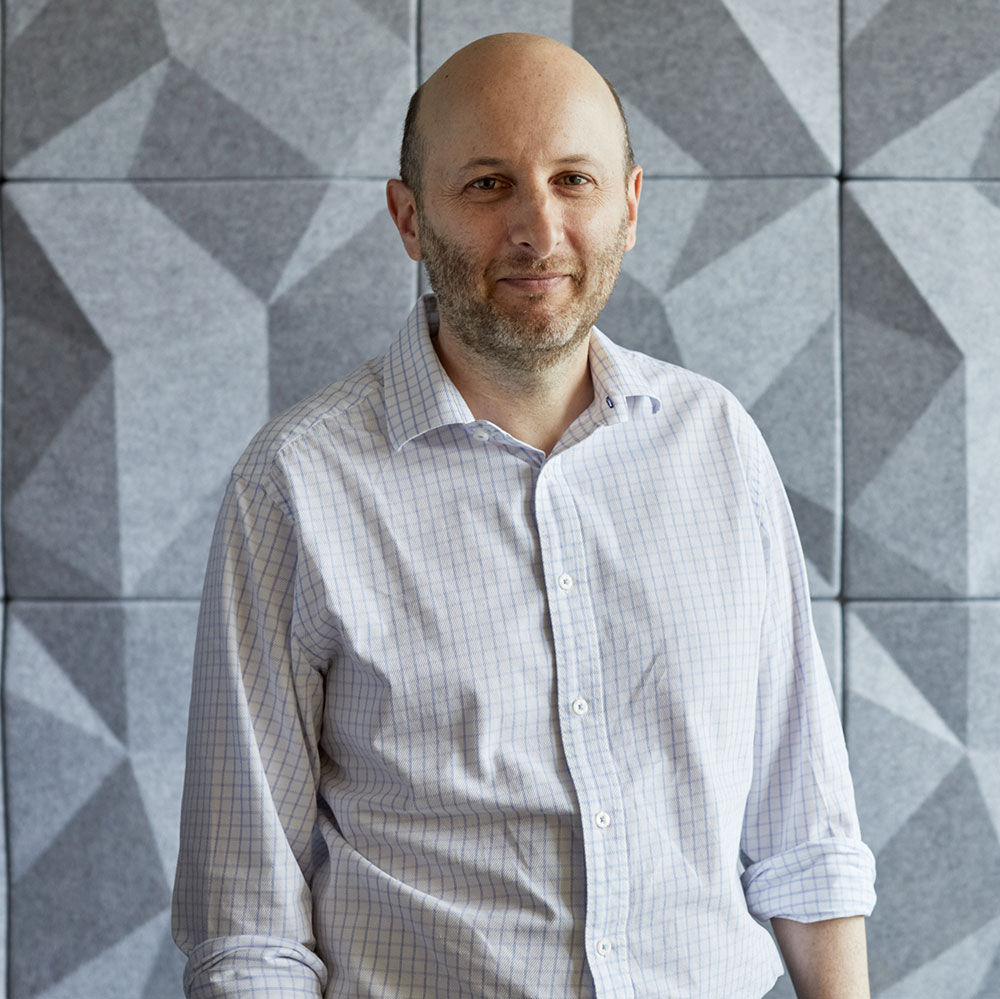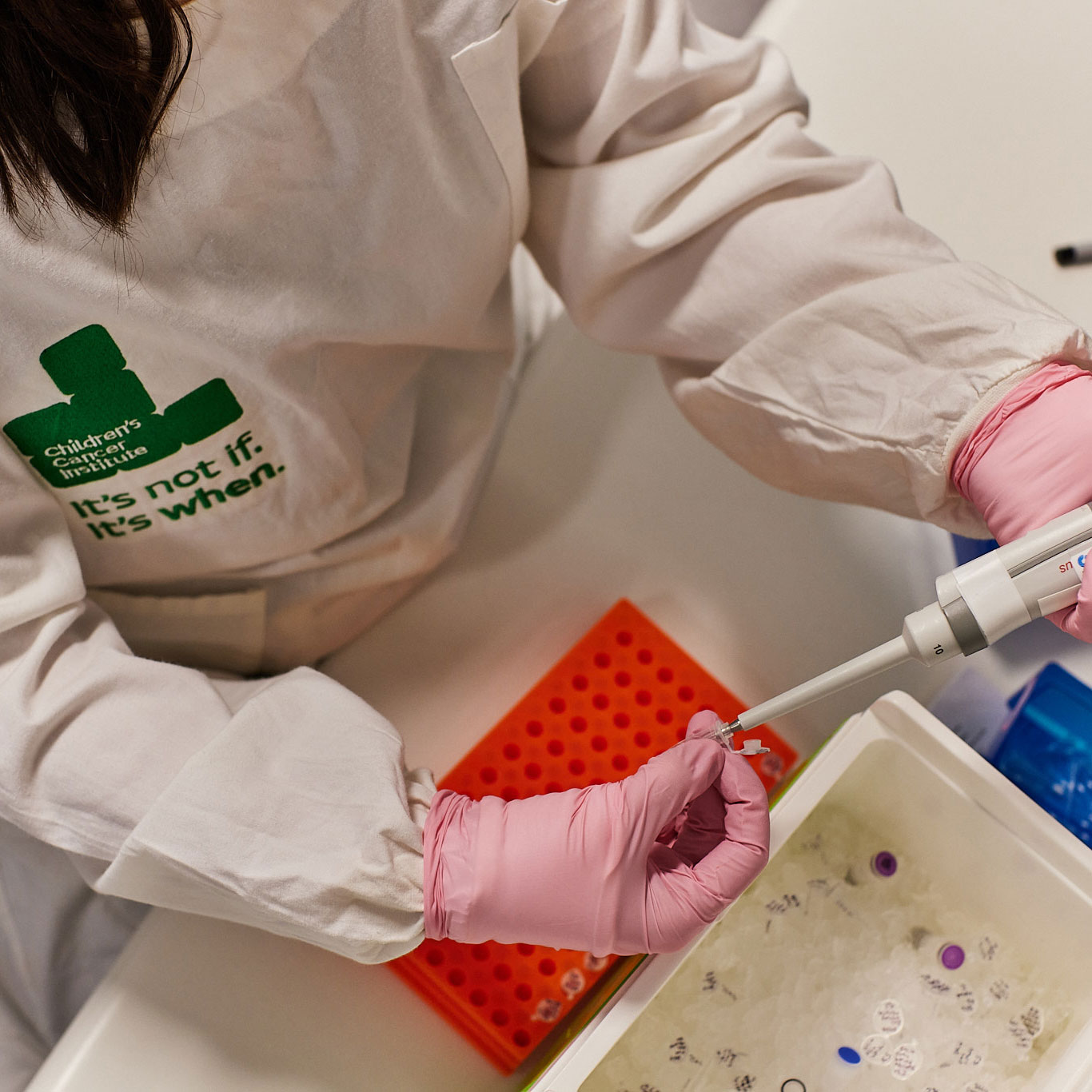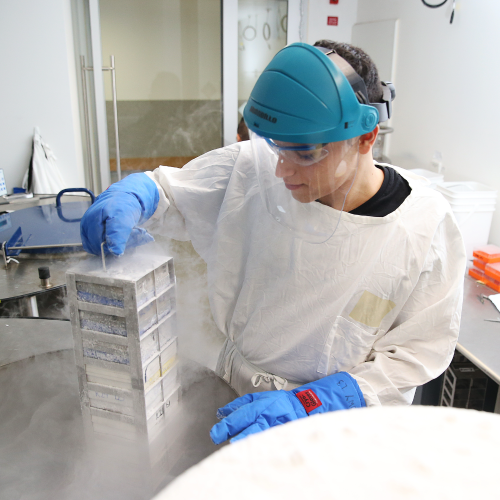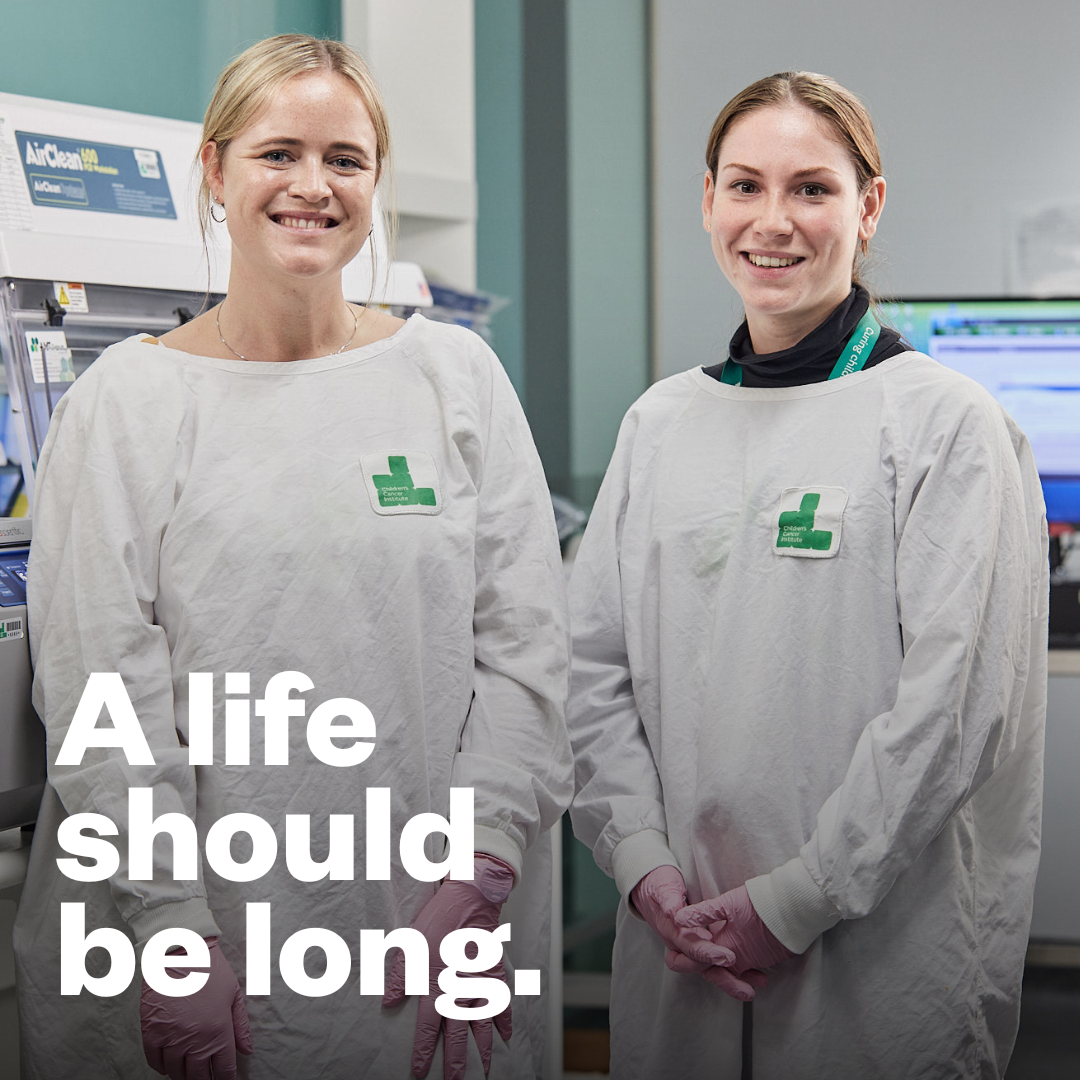Friday 4 February is World Cancer Day, a global event dedicated to awareness and prevention of cancer. This year the theme of World Cancer Day is ‘Close the Care Gap’, and is about understanding and recognising the inequities in cancer care around the globe.
There are many reasons why cancer care is inequitable… location, income, and discrimination such as that based on ethnicity, to name just a few. World Cancer Day 2022 challenges each of us to imagine a better way of doing things, so we can begin creating a fairer future.
Childhood cancer around the world
The latest estimates of the global incidence of childhood cancer are up around 360,000 cases per year, with the vast majority of these cases occurring in Asia and Africa. In reality, the total number of cases is probably much higher, due to under-reporting and under-diagnosis in some countries. [Source: Cancer Epidemiol 2021 Apr;71(Pt B):101662].
And while the overall 5-year survival rate of children diagnosed with cancer is now over 80% in countries such as Australia, survival rates in low- and middle-income countries are significantly lower. According to the World Health Organisation, children with cancer in low- and middle-income countries are about four times more likely to die of the disease than those in high-income countries.
What are we doing about this inequality?
Children’s Cancer Institute is committed to doing all it can to improve the outlook for all children with cancer. We see our discoveries as not just benefiting Australia, but countries all over the world. Our contribution to the global cancer research effort is strong and is continually growing as we increasingly share our discoveries through international collaborative networks.
Zero Childhood Cancer leads by example
A great illustration of our contribution on the world stage is the Zero Childhood Cancer Program (ZERO), which we lead in partnership with Kids Cancer Centre at Sydney Children’s Hospital, Randwick, and which is recognised as a world-leader in precision medicine for childhood cancer.
In 2019, ZERO was one of only six programs to be included in a review of the top international precision medicine programs, published in the world’s leading cancer journal, Nature Reviews Cancer. The following year, results from the first 250 children enrolled in ZERO’s national clinical trial were published in the international journal, Nature Medicine, and in 2021, this research was included in the ‘top 10 significant accomplishments in genomic medicine implementation’ by the USA’s National Advisory Council for Human Genome Research, published in the American Journal of Human Genetics.
All that we are learning through ZERO is not just growing our own understanding of childhood cancer – it is furthering the global research effort. Through online data sharing platforms, scientists and clinicians all over the world are gaining access to ZERO-generated data, and this collaboration is driving research that stands to benefit all children with cancer, wherever they may live.


